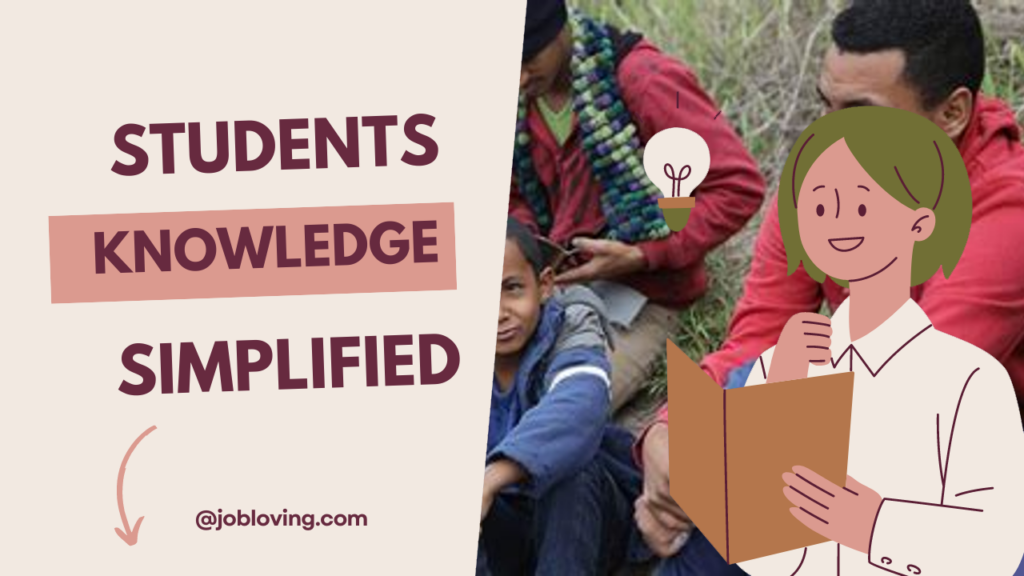Navigating life as an undocumented student in the United States can feel like walking a tightrope; one misstep could lead to serious consequences, including deportation. Any undocumented student can face deportation, but not all of them are in the same boat. Those without DACA (Deferred Action for Childhood Arrivals) are particularly vulnerable, as this program provides temporary protection from deportation for eligible undocumented youth, allowing them to chase their dreams with a bit more security.
To put things into perspective, around 98,000 undocumented immigrants graduate high school each year, but a staggering less than 10% attend college. A significant barrier to education lies in the strict regulations surrounding financial aid. Many undocumented students are locked out of federal financial aid programs, making college seem like a distant dream. Worse yet, only a handful of states—17, to be precise—allow these students to benefit from in-state tuition rates. The fight for an education feels monumental when public schools and universities, in some cases, refuse to enroll undocumented students completely.
Further complicating their educational aspirations is the constant specter of deportation that looms over undocumented students’ lives, impacting their mental well-being. Legal proceedings for deportation can be initiated at, quite literally, any moment. Many live in perpetual fear, unsure of what the next day—or interaction with law enforcement—might bring. Family separations from deportation can leave scars that last a lifetime, creating trauma not just for the students but for their loved ones as well.
Even though DACA offers some protection, it’s not a permanent solution. More than 700,000 young immigrants have benefited from it, but it’s important to remember that DACA status requires renewal every two years, which can add layers of uncertainty. Legal changes regarding DACA have only intensified the anxiety, leaving students to wonder where they stand in a complex and often unpredictable system.
In this scenario, community support networks emerge as lifelines for undocumented students. They help navigate the maze of bureaucratic challenges and provide guidance as students fill out applications without proper documentation or DACA status. Schools and colleges are slowly starting to open their doors; some offer resources specifically designed to support undocumented students confronting fears of deportation.
It’s worth mentioning that while entering the U.S. illegally is classified as a felony and increases the risk of deportation, there are legal options available for undocumented students. Seeking asylum or exploring pathways like DACA can offer some degree of security. Understanding local immigration policies and being aware of one’s legal rights can significantly mitigate risks.
While public opinion on immigration and deportation policies may fluctuate, advocacy groups diligently work to draw attention to these challenges. Their efforts often include scholarships and educational support specifically catered to help undocumented students pursue their academic goals without the heavy burden of fear.
Unfortunately, the landscape of deportation can change rapidly, influenced by legislation and shifts in national policy. Understanding the intersection of immigration law and education policy can illuminate the complex challenges that undocumented students face. Ultimately, the journey for undocumented individuals is fraught with hurdles—yet, it is also marked by resilience and tenacity as they boldly navigate the path toward an education and a hopeful future.
What are the primary factors influencing the deportation risks for undocumented students?
The deportation risks for undocumented students are influenced by their immigration status, legal representation, local law enforcement practices, and state laws. Additionally, the presence of criminal charges can heighten these risks, while sanctuary cities may offer more protections compared to non-sanctuary areas.
How does DACA impact the educational opportunities for undocumented students?
DACA provides temporary legal status and protection from deportation for eligible undocumented students, significantly enhancing their access to education and work opportunities. However, the need for renewal every two years and the uncertainty surrounding DACA’s legal status can create anxiety and barriers for students pursuing higher education.
In what ways do community support networks assist undocumented students facing deportation fears?
Community support networks play a crucial role by offering legal counsel, emotional support, and resources to help undocumented students navigate their educational and legal challenges. These networks can empower students with knowledge of their rights and provide assistance in mitigating deportation risks.
What role does public opinion play in shaping policies affecting undocumented students and their deportation risks?
Public opinion significantly influences legislative changes regarding immigration policies, which directly affect undocumented students. Variations in public sentiment can lead to either increased protections or heightened risks of deportation, impacting the overall landscape for undocumented individuals seeking education and stability.

